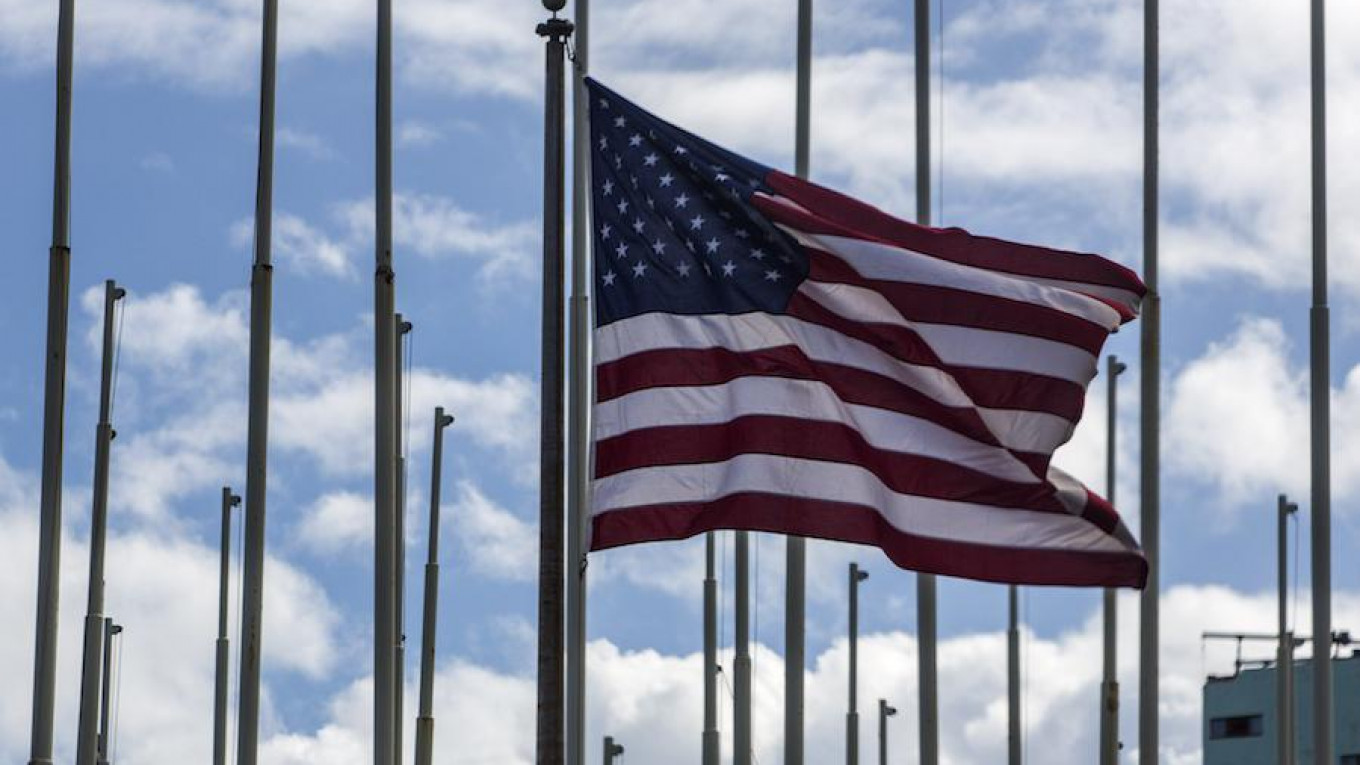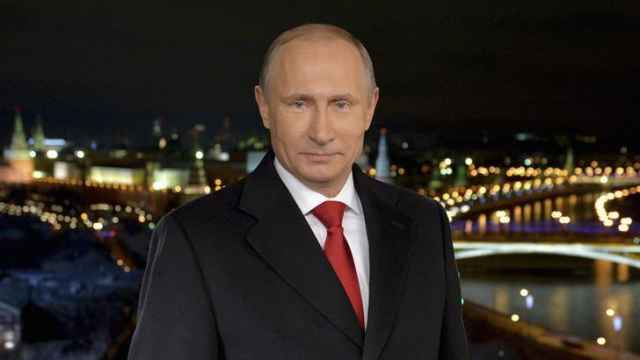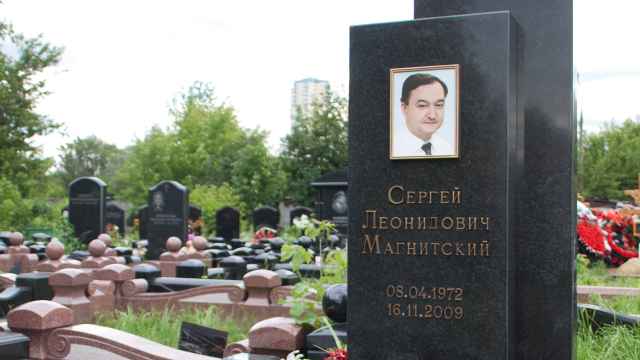The alleged killers of Russian spy Alexander Litvinenko have become the latest targets of U.S. sanctions.
Andrei Lugovoy and Dmitry Kovtun were both named as Litvinenko’s alleged assassins in an inquiry released by the British government in January 2016.
The pair were blacklisted by the U.S. Treasury on Tuesday, alongside the head of Russia’s Investigative Committee, Alexander Bastrykin, and two other officials, Stanislav Gordievsky and Gennady Plaksin. Gordievsky and Plaksin have both been implicated in the death of lawyer and whistleblower Sergei Magnitsky, who died in a Russian prison in 2009.
John Kirby, spokesperson for the U.S. State department, said that the men had been sanctioned after “extensive research,” the Agence France Press news agency reported,
Kirby said that the men had been included on the sanctions list because they had either held "roles in the repressive machinery of Russia's law enforcement systems,” or were “involved in notorious human rights violations."
Lugovoy and Kovtun are accused of murdering former Russian agent Litvinenko in London in 2006 by poisoning his tea with polonium. The inquiry, which was partly based on evidence that is still classified, confirmed that Litvinenko had worked with the British security services. The report speculates that the former agent’s murder had been approved by Russian President Vladimir Putin.
The Kremlin has condemned the report as "opaque" and "politically motivated," and has refused to extradite the men.
Lugovoy now holds a seat in Russia’s State Duma for the Liberal Democratic Party (LDPR). Kovtun told the TASS news agency on Tuesday that he had "never wanted to go the United States, never had anything there, and never been interested in going there.”
Forty-four individuals have been targeted by U.S. sanctions since 2009. Those on the blacklist see any assets under U.S. jurisdiction frozen, cannot receive American visas, and are barred from doing business with U.S. companies.
A Message from The Moscow Times:
Dear readers,
We are facing unprecedented challenges. Russia's Prosecutor General's Office has designated The Moscow Times as an "undesirable" organization, criminalizing our work and putting our staff at risk of prosecution. This follows our earlier unjust labeling as a "foreign agent."
These actions are direct attempts to silence independent journalism in Russia. The authorities claim our work "discredits the decisions of the Russian leadership." We see things differently: we strive to provide accurate, unbiased reporting on Russia.
We, the journalists of The Moscow Times, refuse to be silenced. But to continue our work, we need your help.
Your support, no matter how small, makes a world of difference. If you can, please support us monthly starting from just $2. It's quick to set up, and every contribution makes a significant impact.
By supporting The Moscow Times, you're defending open, independent journalism in the face of repression. Thank you for standing with us.
Remind me later.






